Common Types and Specifications of Oil Pipes
Oil pipes are essential components in the oil and gas industry, supporting activities from drilling to transportation. This article provides an in-depth exploration of their common types and specifications, helping readers understand their applications and significance in different scenarios.
Oil Pipeline Definition and Meaning
An oil pipe is a critical component in the oil and gas industry, designed to transport fluids, stabilize wellbores, and facilitate drilling and production operations. Its role extends across exploration, extraction, and transportation, making it indispensable in energy production. Below, we explore the definition, materials, and key characteristics of oil pipes to provide a comprehensive understanding of their significance.
What Is an Oil Pipe?
An oil pipe is a specialized conduit used to handle oil, gas, or other chemical fluids. These pipes are engineered to withstand extreme conditions, including high pressures, temperatures, and corrosive environments, making them suitable for demanding industrial applications. They are commonly employed in drilling operations, oil and gas production, and fluid transportation.
1.Casing Pipes
Casing pipes are used to support wellbores and stabilize walls during drilling operations. By isolating different geological layers, they prevent contamination and ensure structural integrity.
2.Tubing Pipes
Tubing pipes are critical in the production stage, facilitating the extraction of oil and gas from wells. These pipes handle fluids under varying pressures and depths.
3.Line Pipes
These pipes transport oil, gas, and other fluids over long distances. They are designed to maintain pressure and resist corrosion during transmission.
4.Drill Pipes
Drill pipes play a vital role in drilling operations, connecting surface equipment to the drill bit. Their durability and flexibility are crucial for deep and complex drilling.
Common Specifications of Oil Pipes
Commonly used specifications and sizes of oil pipes:
The specifications of oil pipes generally consist of three parameters: outer diameter, wall thickness and length. According to different usage requirements, there are usually the following specifications:
1. Casing pipe: Diameter ranges from 4½ to 20 inches, wall thickness ranges from 0.205 to 0.875 inches.
2. Tubing: Available in diameters ranging from 1.05 to 4½ inches and wall thicknesses ranging from 0.113 to 0.797 inches.
3. Line pipe: Diameter ranges from 2 to 48 inches, wall thickness ranges from 0.065 to 0.5 inches.
4. Drill pipe: Available in diameters ranging from 23/8 to 6^5⁄8 inches and wall thicknesses ranging from 0.19 to 0.75 inches.
Key Specifications to Consider
Selecting oil pipes requires understanding crucial specifications, ensuring they meet operational requirements.
a. Material Composition
The material composition significantly impacts durability and performance. Carbon steel and alloy steel are popular choices due to their strength.
b. Diameter and Wall Thickness
The pipe diameter and wall thickness affect pressure capacity. Thicker walls ensure better resistance to external forces.
c. API Standards
API (American Petroleum Institute) standards ensure quality and reliability. Pipes adhering to
API 5L or
API 5CT are widely trusted in the industry.
Key Features of Oil Pipelines
Material Composition
Oil pipelines are typically constructed from carbon steel or high-strength alloy steel to withstand high pressures and resist environmental factors. Some pipelines are coated internally and externally to enhance corrosion resistance.
Structure and Design
Oil pipelines are built to handle various terrains, including plains, mountains, and underwater routes. Their design accounts for factors like fluid viscosity, flow rate, and environmental conditions.
Diameter and Capacity
Depending on the application, oil pipeline diameters can range from small pipelines (a few inches) to large pipelines (several feet), with capacity determined by the diameter and flow rate.
Pump Stations and Control Systems
Pump stations are strategically placed along the pipeline to maintain consistent flow. Modern pipelines include advanced monitoring systems to detect leaks, pressure changes, or other operational issues.
Applications of Different Oil Pipe Types
Selecting the right oil pipe depends on the specific application. A clear understanding of their uses helps optimize operations and ensure safety.
Casing Pipes
These pipes stabilize well walls, preventing collapses during drilling. They are essential for isolating different strata in the formation.
Tubing Pipes
Tubing pipes are used to extract oil and gas from wells. Their size and thickness depend on fluid properties and well depth.
Line Pipes
Line pipes transport oil and gas across long distances. Their durability and pressure tolerance are crucial for safe and efficient transmission.
Drill Pipes
Drill pipes connect surface equipment to the drill bit. Their specifications must match the depth and complexity of the well.
Selecting the Right Oil Pipes
Choosing the correct oil pipe involves considering well depth, fluid properties, and operational pressures. API standards provide guidance, ensuring pipes meet industry requirements. For challenging environments, premium options offer enhanced performance and reliability.
Oil Pipe Suppliers & Manufacturers
Understanding the common types and specifications of oil pipes is crucial for optimizing oilfield operations. By carefully selecting pipes based on their applications and specifications, operators can ensure safety, efficiency, and cost-effectiveness in their projects.Baowi Steel is a leading manufacturer and supplier specializing in high-quality oil pipes, serving the energy sector with reliable solutions tailored to meet the demands of modern oil and gas exploration, production, and transportation. With years of expertise and a commitment to excellence,
Baowi Steel has established itself as a trusted partner for clients worldwide.By combining advanced manufacturing technologies, stringent quality control processes, and a focus on innovation, Baowi Steel delivers products that meet international standards such as API, ASTM, and ISO. Feel free to
contact us anytime, anywhere to get a quote.






 English
English Español
Español بالعربية
بالعربية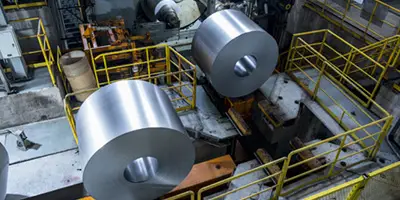

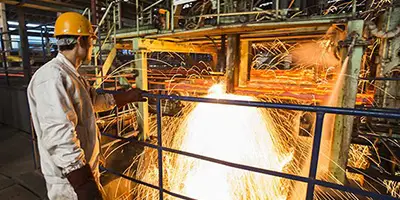
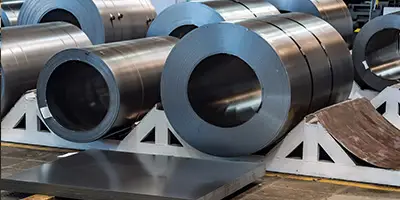

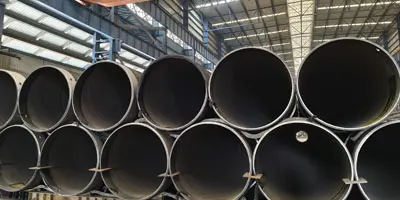
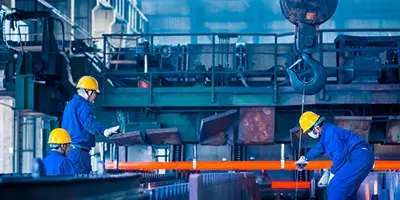
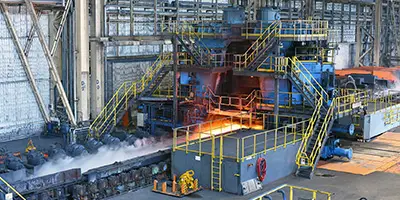
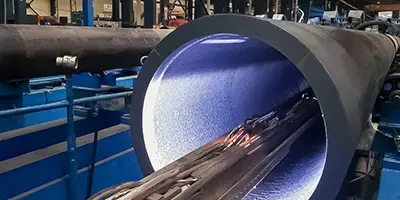
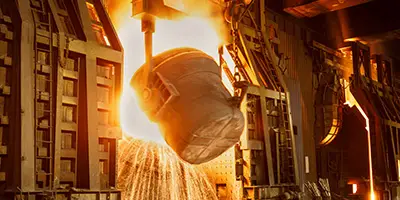

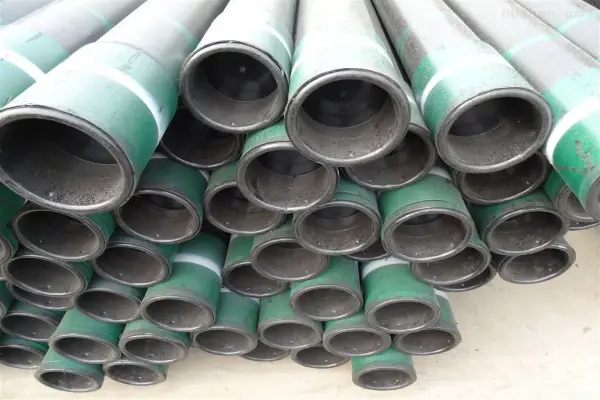
 Phone :
Phone :  Whatsapp :
Whatsapp :  Email :
Email : 


